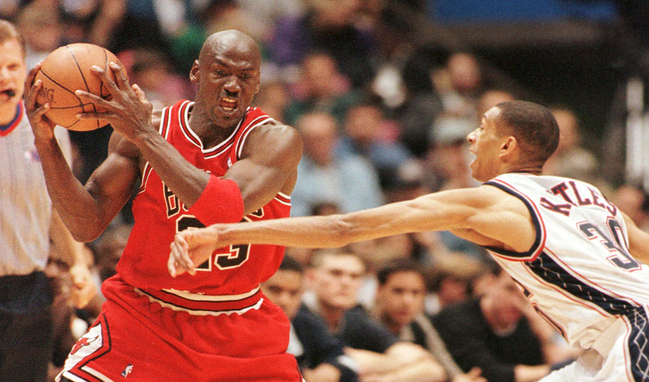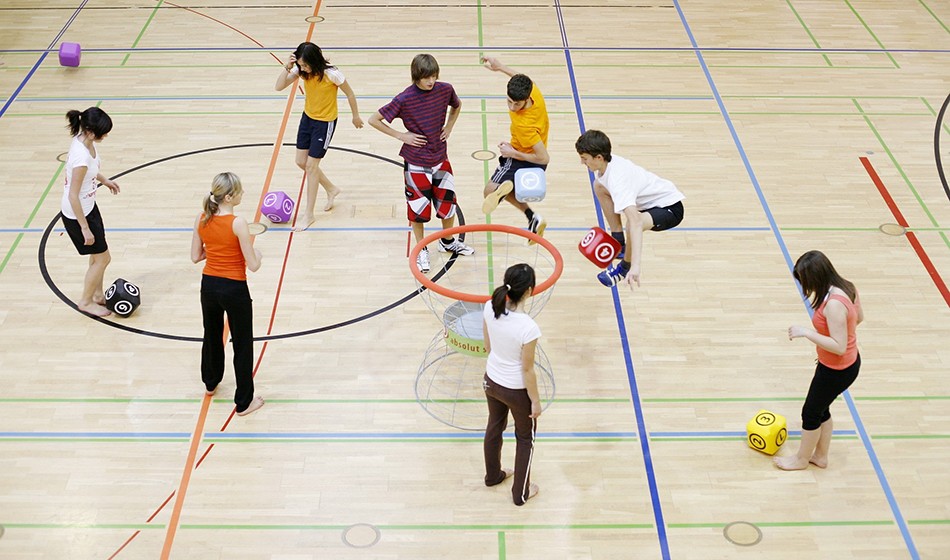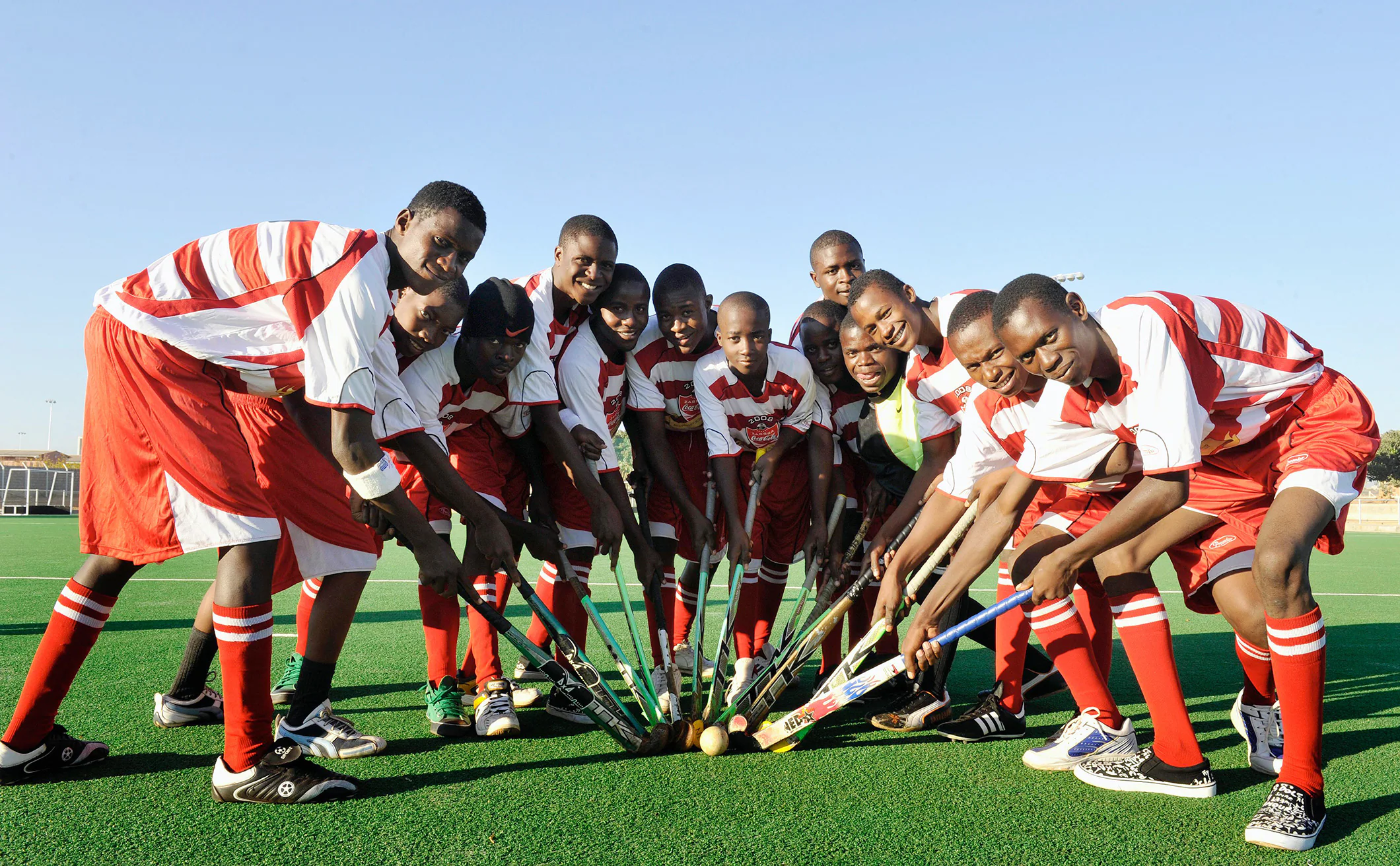The Power of Sports How It Can Transform Your Life
Engaging in sports can have profound effects on personal growth and the development of essential life skills.

Sports have always played a prominent role in human society, serving as a source of entertainment, physical activity, and a platform for competition. However, the impact of sports extends far beyond the field or court. Engaging in sports can have profound effects on personal growth and the development of essential life skills. Whether one is a professional athlete or a weekend warrior, the lessons learned through sports can be applied to various aspects of life. In this comprehensive exploration, we will delve into the multifaceted effects of sports on personal growth and the acquisition of life skills, spanning physical, mental, and social dimensions.
Physical Well-being and Health
One of the most apparent effects of sports on personal growth is the improvement of physical health. Regular participation in sports promotes a healthy lifestyle by encouraging physical activity and fitness. Physical activity has been linked to numerous health benefits, including weight management, improved cardiovascular health, and enhanced muscular strength and endurance. Whether it's running, swimming, or playing team sports like soccer or basketball, engagement in sports activities promotes overall physical well-being.
Beyond the immediate health benefits, sports also teach valuable lessons about discipline and self-care. Athletes learn the importance of maintaining a balanced diet, getting adequate rest, and avoiding harmful substances like tobacco and alcohol. These habits, instilled through sports, can carry over into everyday life, leading to a healthier, more resilient individual.
Mental Resilience and Emotional Regulation
Sports often push individuals out of their comfort zones and into challenging situations. This constant exposure to adversity helps develop mental resilience, a critical life skill. Athletes learn how to cope with setbacks, failure, and disappointment. These experiences foster determination and the ability to bounce back from adversity, which can be applied to various life situations.
Furthermore, sports teach emotional regulation and stress management. In high-pressure moments, athletes must stay composed and make critical decisions. This ability to control emotions and make clear-headed choices extends beyond the sports field and into everyday life. Individuals who engage in sports tend to be better equipped to handle stress, maintain focus, and make rational decisions when facing challenging situations.
Teamwork and Collaboration
Many sports are inherently team-based, requiring cooperation and collaboration among teammates to achieve a common goal. This emphasis on teamwork is invaluable for personal growth and life skills development. Athletes learn how to communicate effectively, resolve conflicts, and support one another. These skills are transferable to various professional and social contexts.
In a team environment, individuals discover the importance of accountability and responsibility. They understand that their actions can directly impact the team's performance, which fosters a sense of commitment and dedication. These qualities are highly desirable in the workplace and other group settings.
Goal Setting and Achievement
Setting and achieving goals is a fundamental aspect of sports. Athletes strive to improve their skills, win competitions, and reach personal milestones. This experience of goal setting and achievement is instrumental in personal growth. It teaches individuals the value of ambition, perseverance, and hard work.
The process of setting and pursuing goals in sports provides a blueprint for success in other areas of life. Whether it's academic, professional, or personal aspirations, individuals who have engaged in sports are more likely to set clear goals, develop strategies to achieve them, and persist in the face of obstacles.
Time Management and Discipline
Sports require a significant time commitment, often involving rigorous training schedules and competitions. This demand teaches athletes the importance of time management and discipline. They learn how to prioritize their responsibilities, allocate time efficiently, and maintain a healthy work-life balance.
The ability to manage time effectively is a valuable skill that extends beyond sports. It is essential for academic success, career advancement, and maintaining fulfilling personal relationships. Athletes who have mastered time management are better equipped to excel in all areas of life.
Leadership and Communication Skills
Within a sports team, leaders naturally emerge. Captains, coaches, and experienced players often take on leadership roles, which provide an opportunity for personal growth in leadership and communication skills. Leaders learn how to motivate and inspire their teammates, make strategic decisions, and communicate effectively to achieve team goals.
These leadership skills are not limited to the sports arena. They can be applied in various contexts, such as the workplace, community organizations, and family settings. Athletes who have developed strong leadership skills are often sought after for leadership positions in other areas of their lives.
Respect and Sportsmanship
Sports instill a strong sense of respect and sportsmanship in participants. Athletes learn to respect their opponents, coaches, and officials, even in the heat of competition. They understand the importance of fair play, integrity, and ethical behavior.
These values extend beyond the sports field and into everyday life. Individuals who have been involved in sports tend to exhibit a higher level of respect for others and a commitment to ethical conduct. These qualities contribute to positive interpersonal relationships and a sense of social responsibility.
Adaptability and Learning from Failure
In sports, not every attempt leads to success. Athletes often encounter failure and setbacks. However, these experiences teach valuable lessons about adaptability and the ability to learn from mistakes. Athletes adapt their strategies, analyze their performance, and continually seek ways to improve.
The ability to adapt and learn from failure is a critical life skill. It allows individuals to navigate the ever-changing challenges of life with resilience and a growth mindset. Athletes are more likely to view failure as an opportunity for growth rather than a defeat.
Social Connections and Networking
Sports provide a unique opportunity to build social connections and expand one's network. Athletes interact with teammates, coaches, opponents, and fans, creating a diverse and extensive social circle. These connections can lead to friendships, mentorship opportunities, and valuable professional contacts.
The social skills developed through sports, such as communication, teamwork, and conflict resolution, are highly valuable in building and maintaining relationships in all areas of life. Athletes often find that their ability to connect with others serves them well in their careers and personal lives.
Confidence and Self-Esteem
Participation in sports can significantly boost an individual's confidence and self-esteem. As athletes achieve personal milestones and overcome challenges, they develop a strong sense of self-worth and belief in their abilities. This newfound confidence can positively impact various aspects of their lives, from public speaking to job interviews.
Furthermore, sports often require athletes to push their physical and mental limits, leading to a greater sense of self-efficacy. This belief in one's ability to accomplish challenging tasks can be a powerful motivator and a key factor in personal growth and success.
Inclusivity and Diversity Awareness
Sports have the power to bring people from diverse backgrounds together. Whether it's playing on a school team or participating in community leagues, athletes often find themselves interacting with individuals from different cultures, ethnicities, and socioeconomic backgrounds. This exposure fosters inclusivity and diversity awareness.
Athletes learn to appreciate the unique perspectives and talents of their teammates and opponents. This appreciation for diversity can lead to greater cultural sensitivity and a broader understanding of the world, which is increasingly important in today's interconnected society.
The effects of sports on personal growth and life skills are profound and multifaceted. Engaging in sports not only enhances physical health but also contributes to mental resilience, emotional regulation, and the development of essential life skills. From teamwork and leadership to goal setting and adaptability, the lessons learned through sports are applicable to various aspects of life.
Moreover, sports promote values such as respect, sportsmanship, and inclusivity, fostering positive social connections and networking opportunities. The confidence and self-esteem gained through sports empower individuals to pursue their goals with determination and belief in their abilities.
In a world filled with diverse challenges and opportunities, the benefits of sports extend far beyond the field or court. They shape individuals into well-rounded, adaptable, and socially aware individuals who are better equipped to navigate the complexities of life. Whether one is a professional athlete or simply enjoys recreational sports, the impact on personal growth and life skills is undeniable. Sports are not just a game; they are a transformative experience that shapes individuals for a lifetime.
What's Your Reaction?
















